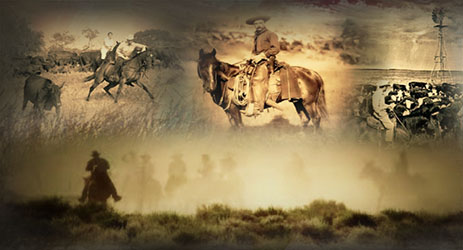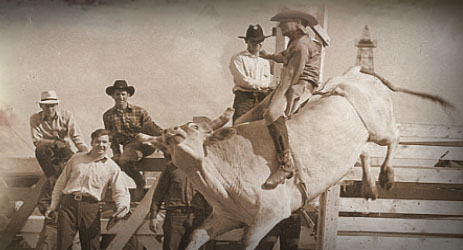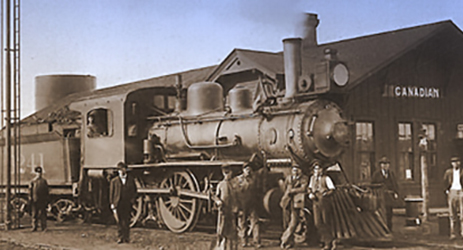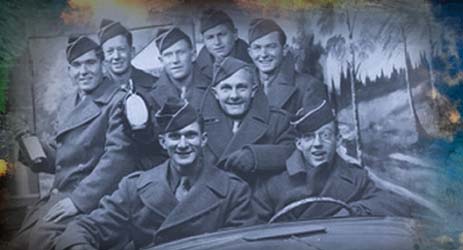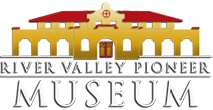Commerce & Trades History
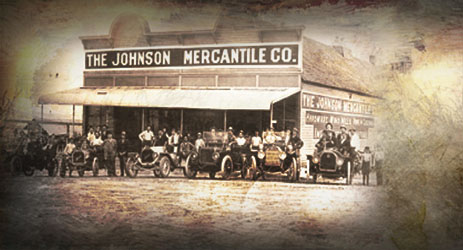
The men and women who performed the various trades of 19th and 20th Century Canadian were, in many respects, the core around which community commerce was built. The River Valley Pioneer Museum has a number of authentic exhibits that show the tools, goods, and services provided by bankers, doctors, mercantile shopkeepers, and undertakers. Time spent pouring over these exhibits will impress you with how far we've progressed, but also with how deeply our lives are still intertwined with the services of medicine, finance, and consumer goods.
Read more about the history of Canadian's merchants and tradesmen.

